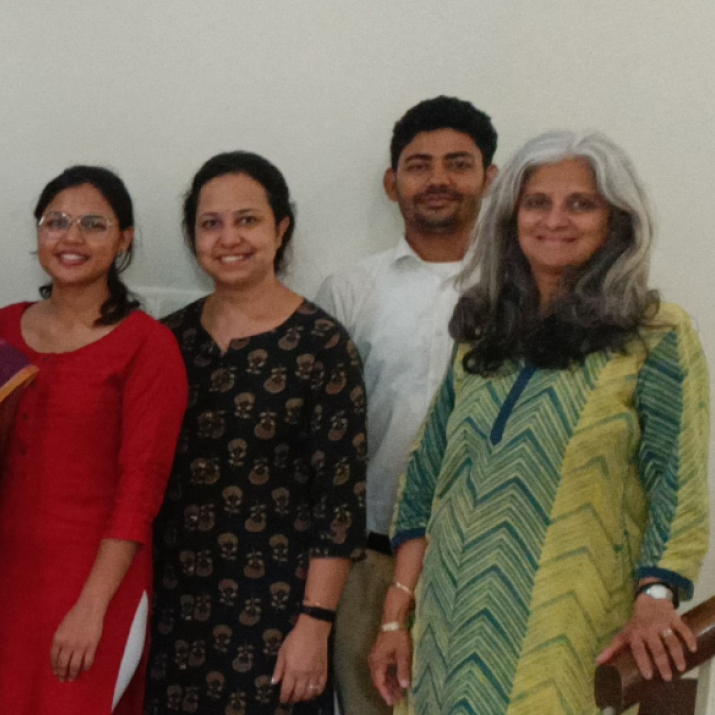
Rationale:
Nutrition, psychosocial and toxic environmental exposures impact neurodevelopment and child mental health to varying degrees depending on their nature, timing and extent of exposure. Also, these determinants are influenced by various socioeconomic factors at the individual and household levels. Children from low and middle-income countries are more likely to be exposed to a variety of developmental risk factors compared to high-income countries. While there is limited evidence on the additive and interaction effects of nutritional and psychosocial exposures on neurodevelopmental outcomes, as well as evidence on the moderating effects of enriched environments on adverse effects of environmental pollutants exposure, evaluating the impact of the combination of nutritional, psychosocial and environmental factors on neurodevelopment and child mental health outcomes across the first decade of life has never been attempted in developing countries like India. The COINCIDE project with the multidisciplinary team is well-positioned to address this research gap through the combined expertise, skills, resources of multi-institutional expert groups and the use of established research infrastructure and innovative methodological contributions.
Aim:
To evaluate the independent, cumulative and interaction effects of nutritional, psychosocial and environmental determinants of neurodevelopment and child mental health in diverse settings of North and South India covering urban and rural locations, and to identify the processes by which these determinants are influenced by socioeconomic disparities.
Outputs:

Specific Objectives:
Outcomes:
Evidence from COINCIDE research will inform a theory of change (TOC) – an evidence-based theoretical model of the biological, social, cultural and economic origins of neurodevelopmental and mental health impairments. This TOC will help develop guidelines for a multicomponent intervention for first decade of life (Pregnancy-9 years), that is tailored for two geographically and culturally distinct communities, by highlighting important intervention targets and their sensitive periods.
Dr. Gauri Divan
Principal Investigator
Dr. Supriya Bhavani
Co-Principal Investigator
Smita Todkar
Research coordinator and PhD fellow
For further details, please write to gauri.divan@sangath.in, supriya.bhavnani@sangath.in, smita.todkar@sangath.in
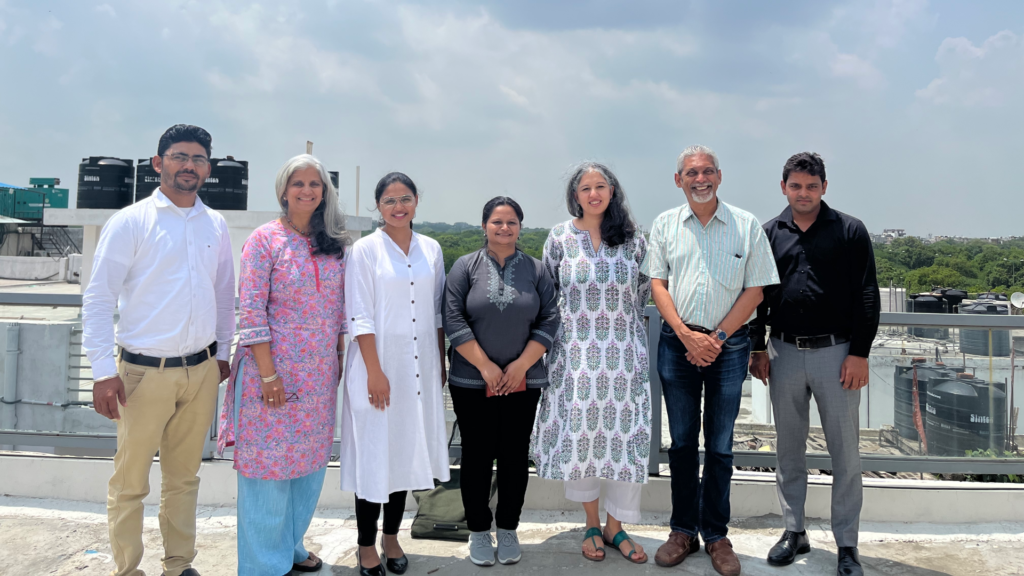
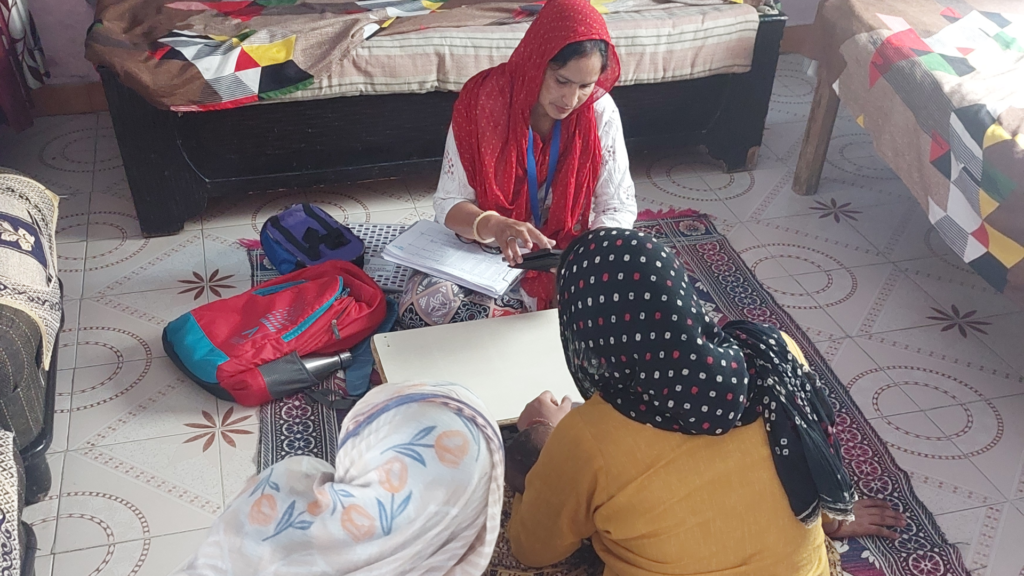
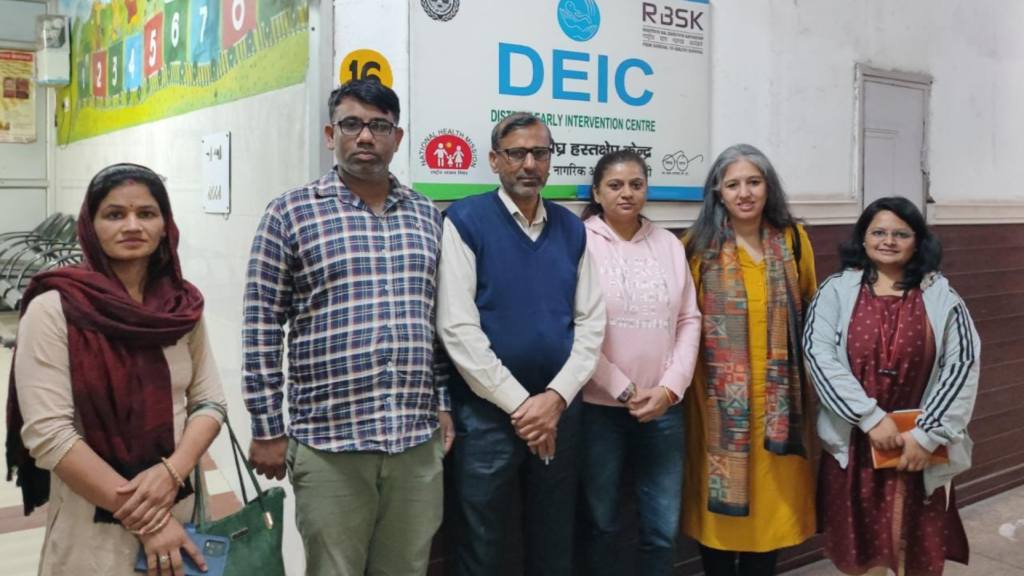
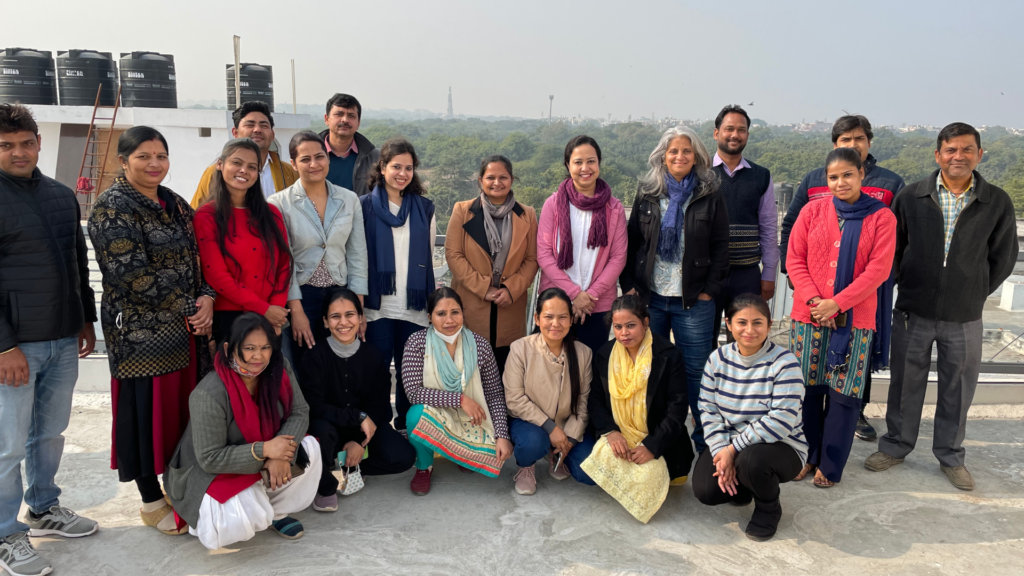
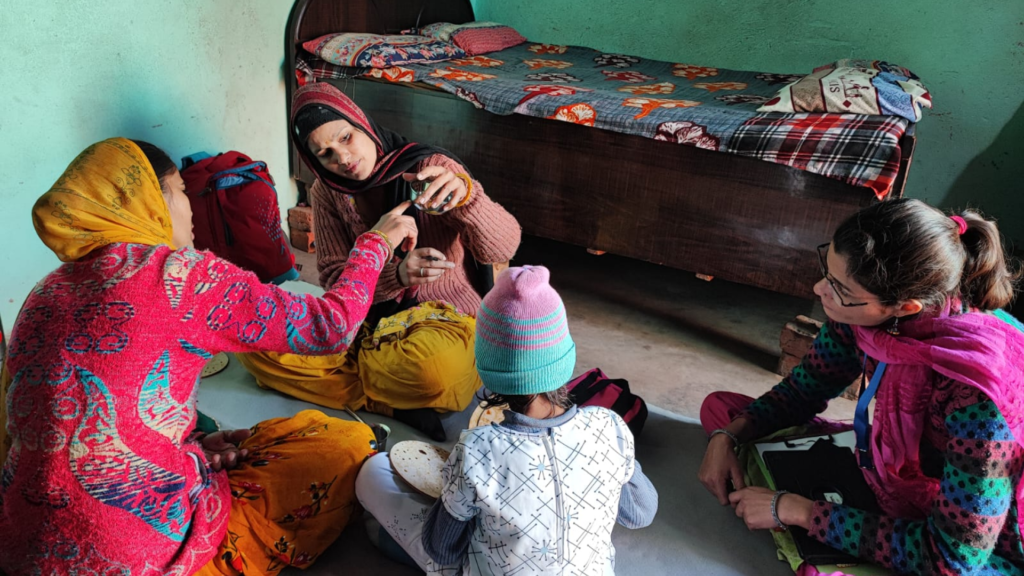
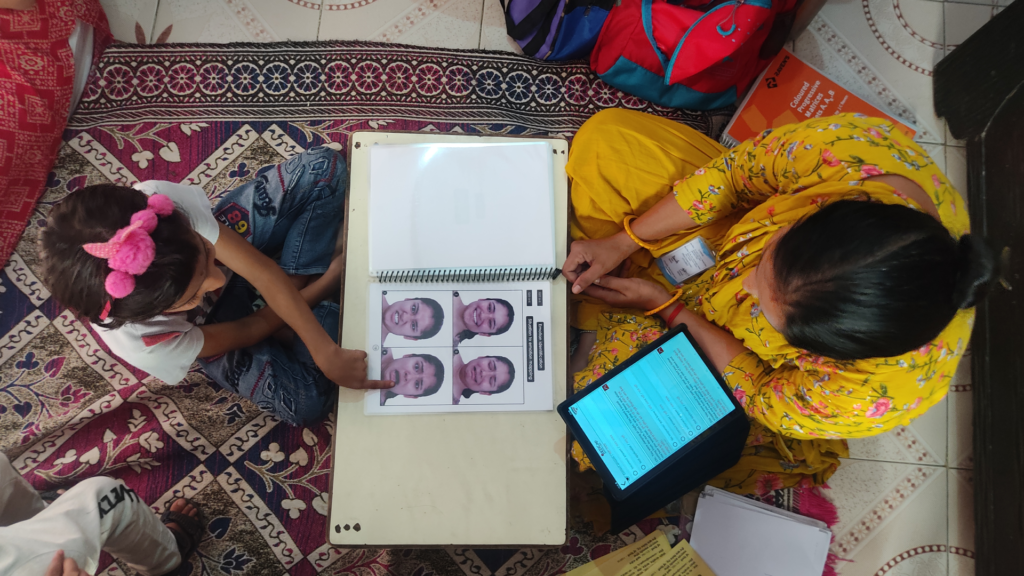
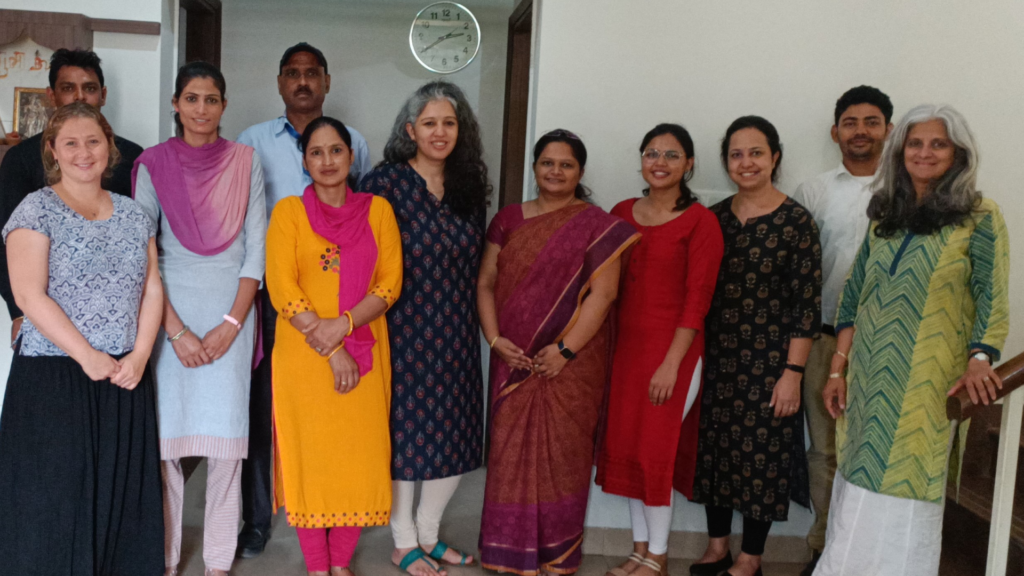

do_shortcode(‘
‘)